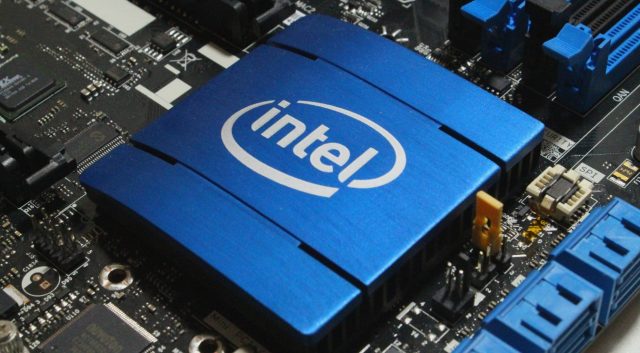Several semiconductor firms are planning to oppose Chips Act that offers subsidies if the legislation awaiting a vote in the Senate benefits manufacturers like Intel, Reuters news report said.
 Senate Majority Leader Chuck Schumer has told lawmakers that a vote could come as early as Tuesday on a slimmed-down set of bills to bolster the U.S. computer chip industry, after Democratic lawmakers cleaved them from a larger, more contentious bill.
Senate Majority Leader Chuck Schumer has told lawmakers that a vote could come as early as Tuesday on a slimmed-down set of bills to bolster the U.S. computer chip industry, after Democratic lawmakers cleaved them from a larger, more contentious bill.
The bills are aimed at making the U.S. more competitive against a rising China, whose chip industry has grown rapidly over the last five years to account for almost 10 percent of global sales.
The measures include $52 billion in subsidies and an investment tax credit to boost U.S. manufacturing. The bills have bipartisan support, though Republicans may vote against the chip measures unless Democrats give up plans to try to push through unrelated spending bills that Republicans oppose.
A rift is emerging within the chip industry itself, with some players concerned the final language of the legislation could provide disproportionate support to manufacturers like Intel while doing little to support other chip makers like Advanced Micro Devices (AMD), Qualcomm and Nvidia.
Intel, along with firms like Texas Instruments and Micron Technology, designs and manufacturers its own chips. Such firms would benefit from the $52 billion in CHIPS Act subsidies to build factories and also from an investment tax credit to purchase tools for use inside their factories from another measure called the FABS Act.
Intel earlier this year said it would spend $20 billion on a factory in Ohio after breaking ground on two new plants in Arizona last year.
AMD, Qualcomm and Nvidia design their own chips but tap partners to fabricate them and would see no direct benefit from subsidies to build plants or tax support for tools.
They support a separate version of the FABS Act introduced in the U.S. House of Representatives that contains both the manufacturing tax credit and a tax credit for chip design activities that would directly benefit them.
“We’re encouraged that the legislation is progressing, and we continue to support enactment of $52 billion in CHIPS Act investments and a FABS Act investment tax credit for both manufacturing and design,” the Semiconductor Industry Association, which represents U.S. chip firms, said in a news statement on Friday.
The current Senate legislation contains no design tax credit, prompting some U.S. chip companies to debate opposing the Senate bill if the final language that comes to the floor has no tax credit for design activities.
“You have Intel that might get $20 billion with CHIPS Act plus $5 billion or $10 billion under the FABS Act. So $30 billion goes to your direct competitor, and you don’t get a penny? That’s going to cause problems in the market,” said sources.





